That’s a wrap on our planning project! Over the past six months, we collaborated closely with local history practitioners across Wisconsin to better understand their needs related to digital collections creation, management and preservation. 127 individuals representing over 90 different Wisconsin local history and historic preservation organizations responded to our survey in August 2019. Survey results will be available on our website this spring.
In September 2019, we talked to 116 individuals representing 62 different organizations during five regional community conversations in Waukesha, Florence, Stanley, Bailey’s Harbor and Marshfield, Wisconsin. These lively discussions provided insight into commonly shared concerns and aspirations including the need for digitization training and educational resources, help understanding copyright and privacy issues, ideas for planning and managing volunteer-based projects, and ongoing support for digitization work. Participants reflected on benefits and barriers to having their historical materials digitized and publicly available online. Common themes included lack of time and resources to complete this work but also a universal desire to improve access to collections and engage new audiences in local history. Participants were eager to share their ideas and learn from one another, and an overwhelming sense of pride in community history permeated the discussions.
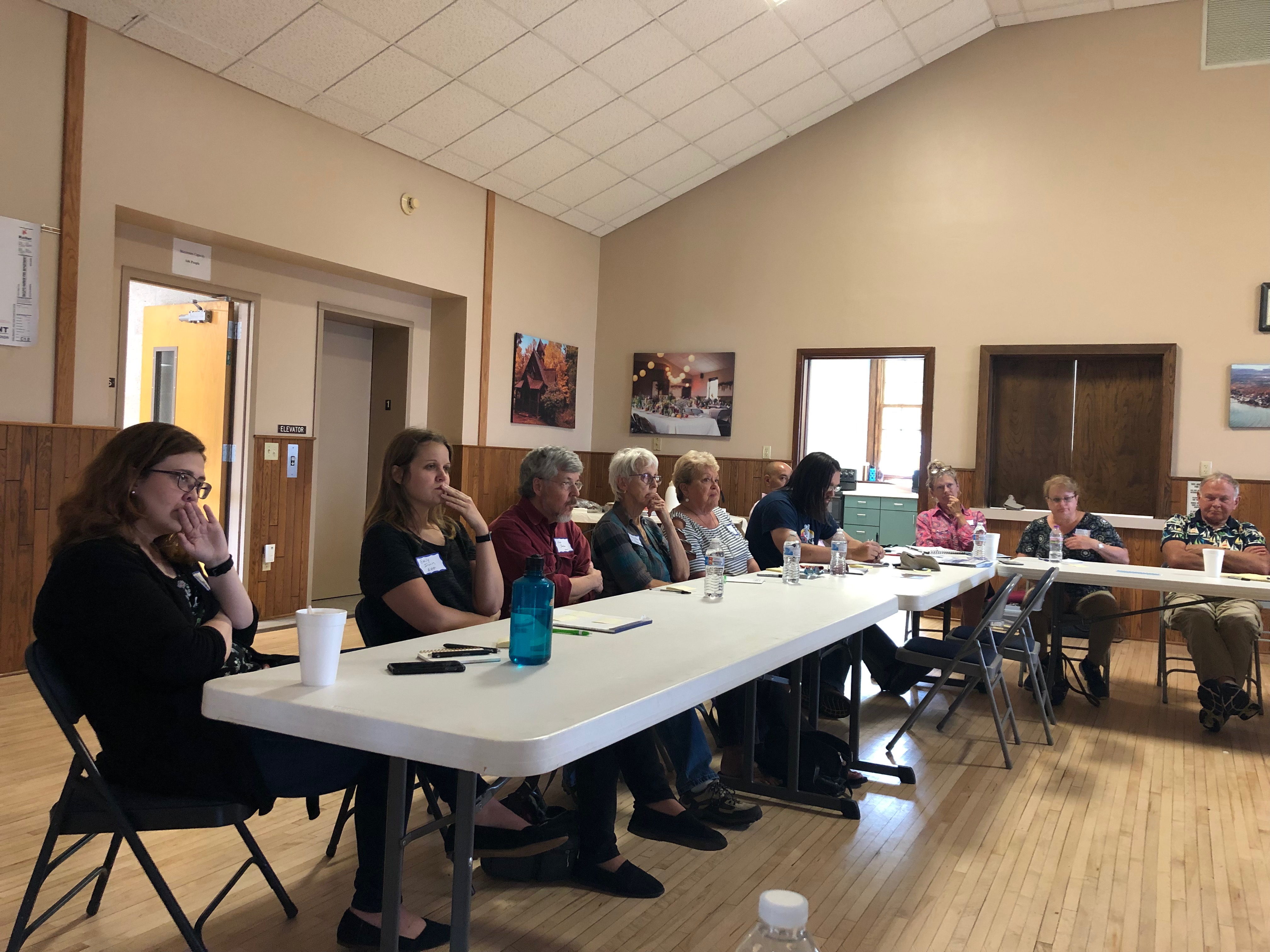
Community conversation participants. Heritage Alliance of Door County, September 2019. 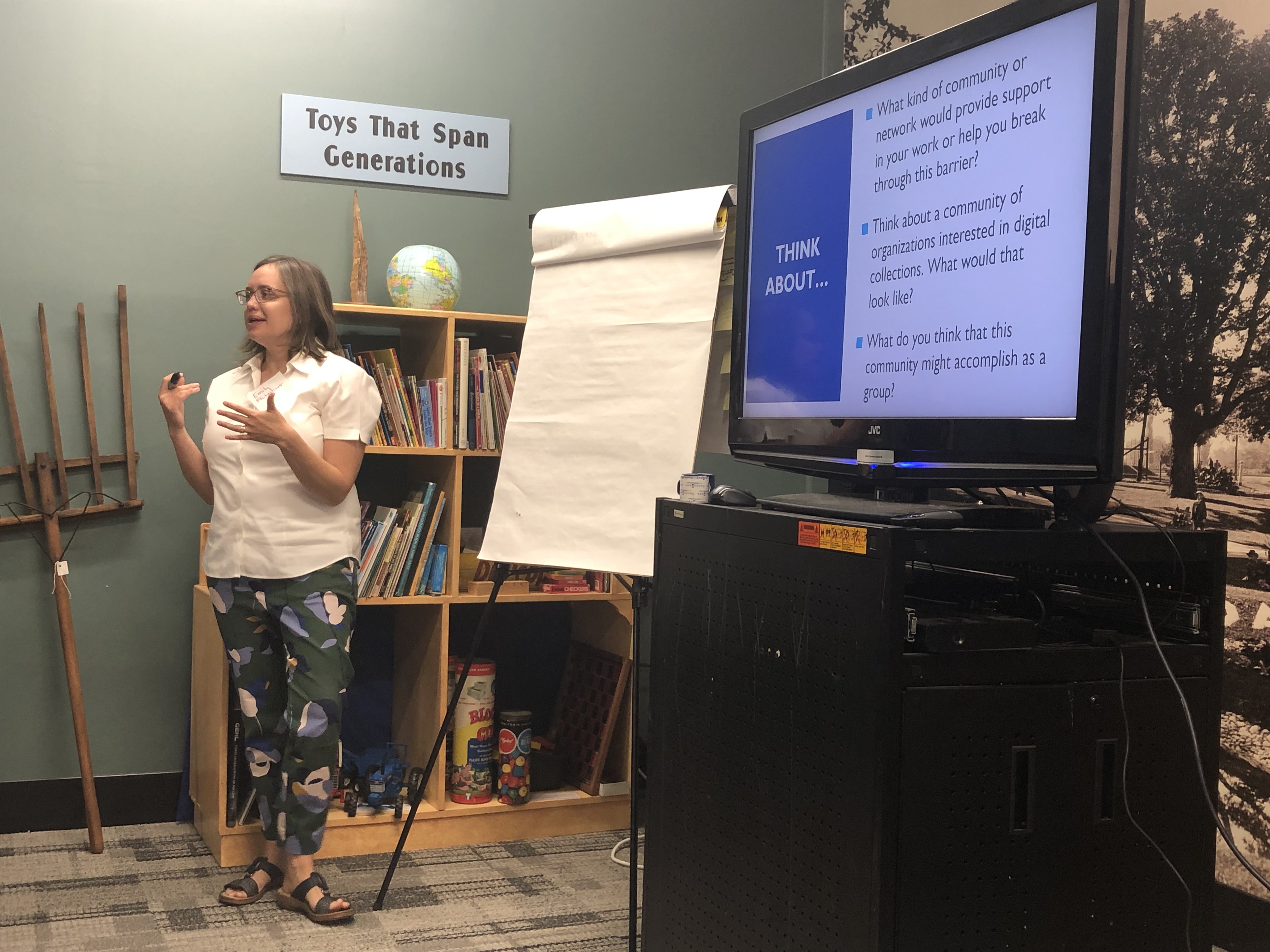
Emily Pfotenhauer leads a community conversation in Waukesha, September 2019.
What do we mean by “digital readiness” and “community of practice?” We defined “digital readiness” as having the knowledge, tools, resources and infrastructure to digitize, manage, and provide online public access to archives and historical records. A community of practice is “a group of people who share a common concern, set of problems, or passion about a topic and deepen their knowledge and expertise in this area by interacting on an ongoing basis.”[1]
In October and November 2019, a group of dedicated and enthusiastic local history practitioners collaborated with WiLS staff Bruce Smith, Emily Pfotenhauer and Vicki Tobias, and Wisconsin Historical Society staff Kristen Leffelman and Janet Seymour to review information gathered from our web survey and community conversations. Skillfully guided by Smith’s planning and design process, the group distilled key ideas into a strategic plan which formed the foundation for an NHPRC implementation grant proposal to launch this community of practice in Summer 2020. Strategic planning focused on both the logistics of launching the community and the work this group will undertake. Discussions reaffirmed the importance of strong leadership, organization, and communication to ensure community success and emphasized the need for skills, knowledge and capacity building through sharing best practices, guidelines and tools for practitioners engaged in all aspects of digitization work.
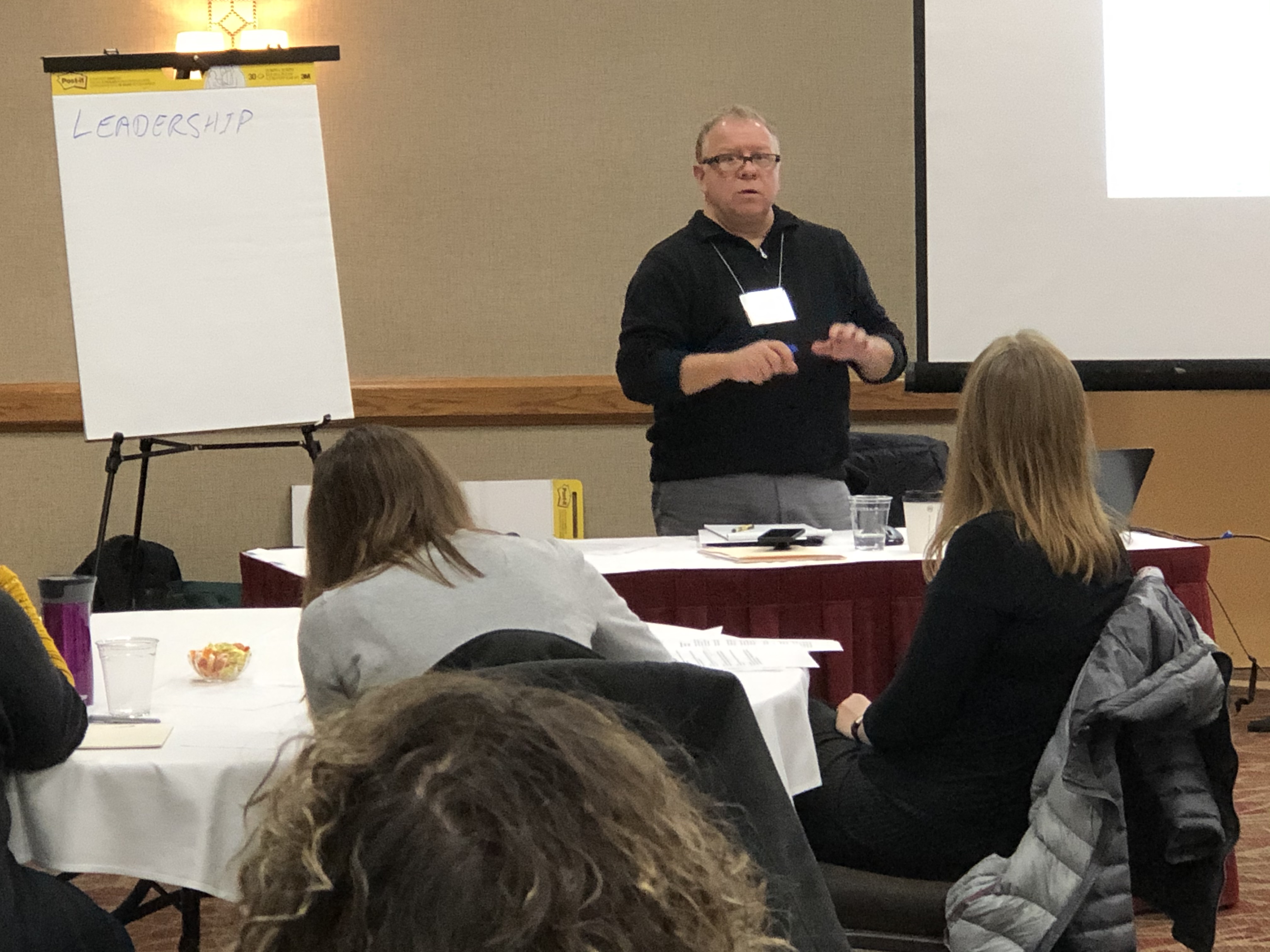
Bruce Smith leads strategic planning. Lake Geneva, October 2019. 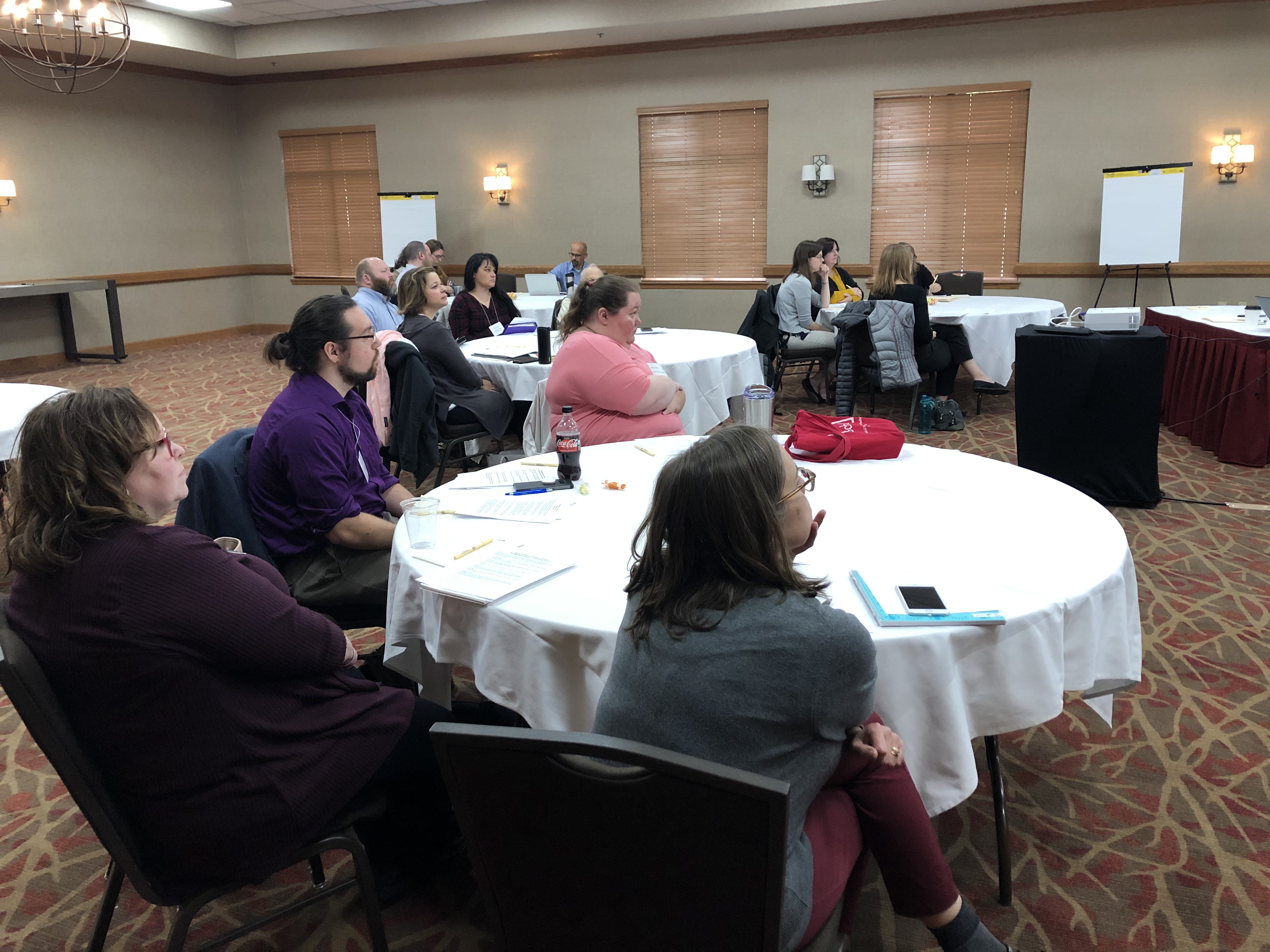
Strategic planning session. Lake Geneva, October 2019.
The strategic planning committee perfectly summarized the sentiment and motivation behind this cooperative endeavor in their statement of purpose: “Our histories have the power to enrich and connect people and communities in new and meaningful ways. By coordinating our efforts, we can create a sustainable and relevant future for Wisconsin’s local history organizations and historic preservation groups through more effective and efficient development of digital collections.”
So, what’s next? If funded, work to build and launch the Statewide Digital Readiness Community of Practice will begin in July 2020. Project updates will be available on our website throughout Spring 2020. Stay tuned!
This work is a collaboration of Recollection Wisconsin, WiLS and the Wisconsin Historical Society, supported by a planning grant from the National Historical Publications and Records Commission (NHPRC).
We’d like to thank the many individuals representing over 100 local history organizations throughout Wisconsin who participated in our web survey and community conversations in Fall 2019. Your contributions were invaluable to the process and end result. We’d also like to recognize the following individuals for their time and commitment to the strategic planning work: Chris Allen (Kenosha County Historical Society), Kristin Arnold (Rock County Historical Society), Ben Barbera (Milwaukee County Historical Society), Bonnie Byrd (Waukesha County Historical Society), Michelle Gobert (Forest County Historical Society), Travis Gross (Sheboygan County Historical Society), Jennifer Gurske (Madison Trust for Historic Preservation), Joe Hermolin (Langlade County Historical Society), Emily Irwin (Ephraim Historical Foundation), Cheryl Kern-Simirenko (Stanley Area Historical Society), Rhys Kuzdas (Door County Maritime Museum), Dustin Mack (History Museum at the Castle), Janean Mollet-Van Beckum (History Center of Washington County), Tammy Schutz (Barron County Historical Society), Katie Stilp (Appleton Public Library), and Robin Untz (Lake Mills Aztalan Historical Society).
[1] Etienne Wenger, Richard McDermott and William M. Snyder. Cultivating Communities of Practice (2002).

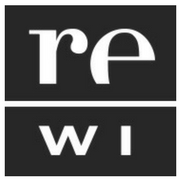
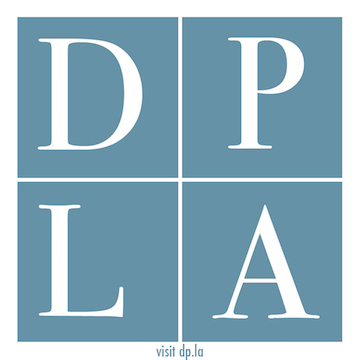
You must be logged in to post a comment.